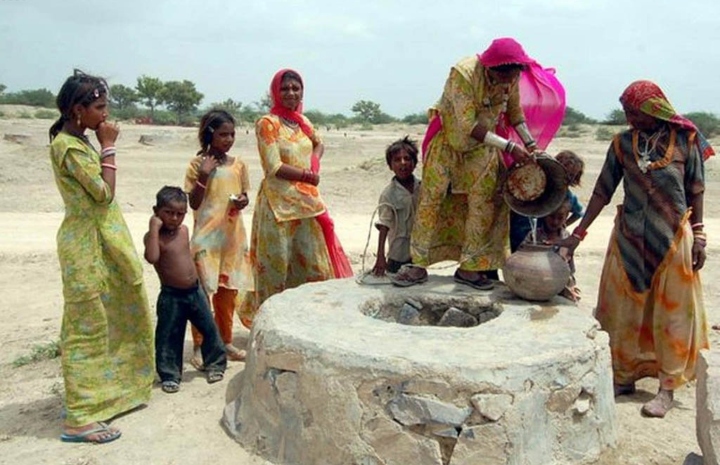KARACHI: The Sindh government is working on the policy to establish mini/micro grids to energise the off-grid villages at the most affordable cost in partnership with the private sector.
Sindh government’s Energy Department secretary Abu Bakar Madani said this, while speaking as the chief guest at the Solar Power Day seminar organised by Sungrow Pakistan.
The secretary said the provincial government has been working on a number of initiatives to tap indigenous renewable energy resources of the province with the aim at providing affordable energy to the people of Pakistan.
These clean energy resources included wind, solar, biomass, small-scale hydropower, and waste-to-energy potential available in the province.
The Sindh Energy Department has launched the World Bank-funded Sindh Solar Energy project, envisaging a 400MW capacity solar park and provision of 200,000 solar home systems in 10 districts of the province having low energy access, he said.
The same project is also being implemented to produce an additional 20MW of solar power through utilisation of the rooftops of the public sector buildings in urban areas, mainly the hospitals.
He said the Sindh government has already installed 352 solar PV hybrid systems in 225 primary health facilities in 13 districts of Sindh.
Moreover, 150MW (3×50 MW) of the upcoming on-grid solar PV power projects in Sindh has achieved the milestone of financial close.
The energy secretary said the Sindh government facilitated the private investors to invest in the alternative and renewable energy sector as for the purpose a “Land Grant Policy 2015” was being implemented for providing land to execute clean power projects.
“The Energy Department is fully dedicated to serve the nation, facilitating the private sector by providing one-window solutions and utilising the indigenous resources of the province to not only produce electricity but also to reduce dependency on imported fuel for accelerating national economic growth,” he added.
Sindh Transmission and Dispatch Company (STDC) chief executive officer Saleem Shaikh told the seminar that recently the STDC had signed a memorandum of understanding (MoU) to develop 400MW first-ever hybrid (wind/solar) renewable energy project in Pakistan on a B2B model.
The STDC fully stood for the cause that immense solar power potential of Sindh should be utilised for overcoming the problem of electricity shortfall for every domestic consumer in the country.
It has the desire to enter into similar more B2B arrangements to energise off-grid rural areas and industries of the province, he said.
Hyderabad Electric Supply Company (Hesco) director Irfan Ahmed said that Pakistan has to make much more efforts to take full advantage of the abundantly available solar energy resource in the country whose availability has been much more than many developed countries.
Solar energy is a distributed generation resource so the provincial government should solely do its management locally.
The export-oriented industries in the province would be more than willing to get supply of renewable electricity as per the requirements of their international clients.
Usman Waheed, country head of Sungrow Pakistan, said that the seminar has been organised to celebrate the successful installation of the solar energy projects of total 850MW capacity across the country by his renewable sector company.
Sungrow has been facilitating installation of more solar power projects in Pakistan to help produce over 1GW of clean electricity expected to be achieved early next year.
He said Sungrow has been present in Pakistan since 2013 and had worked with all the key stakeholders of the solar energy sector in the country.
The company aims at promoting the usage of solar power in all possible market segments from domestic to Small and Medium Enterprises, C&I to utility scale, he added.
Sungrow International director Howard Fu said that the solar energy products of his company have the lowest failure rate in the world, as that was possible due to the maximum utilisation of financial and human resources for doing R&D activities and to improve technology and standards for its customers.

















